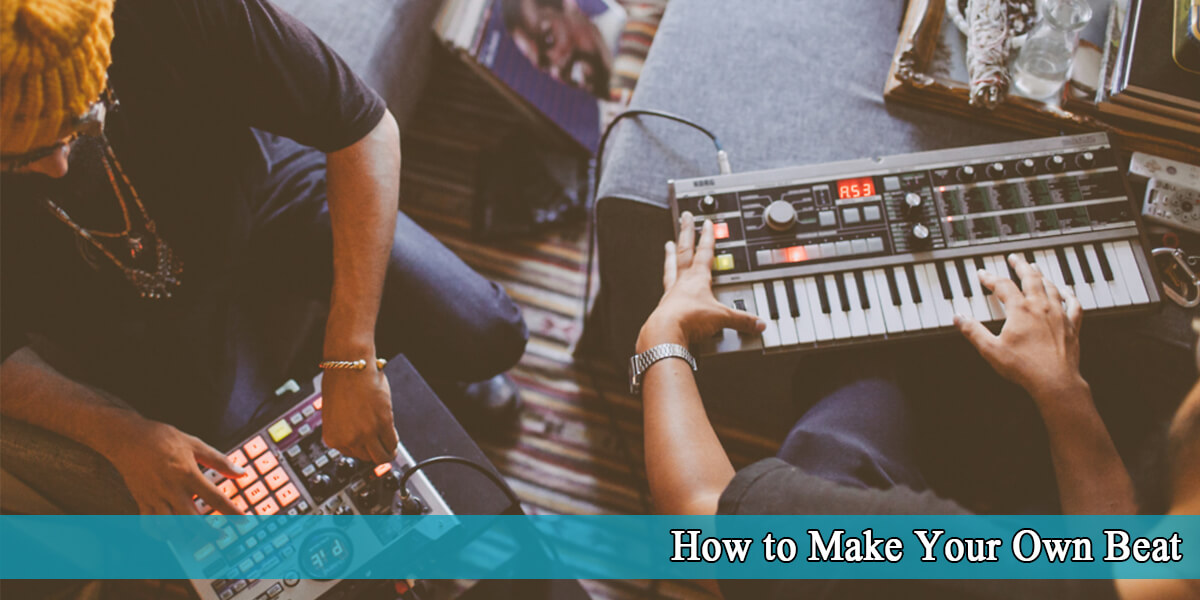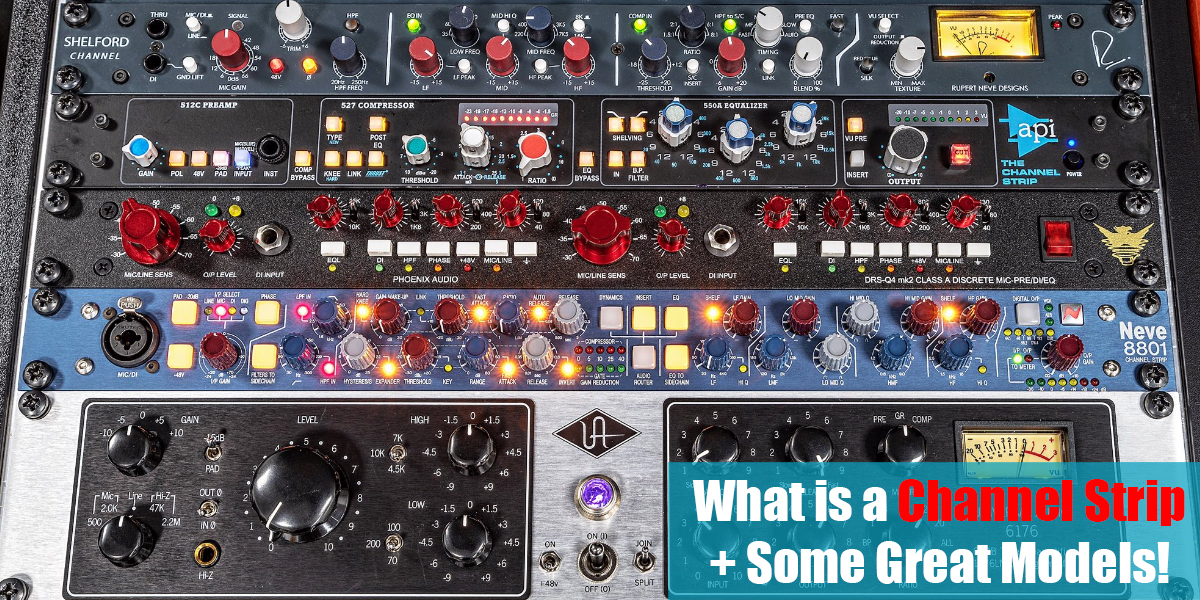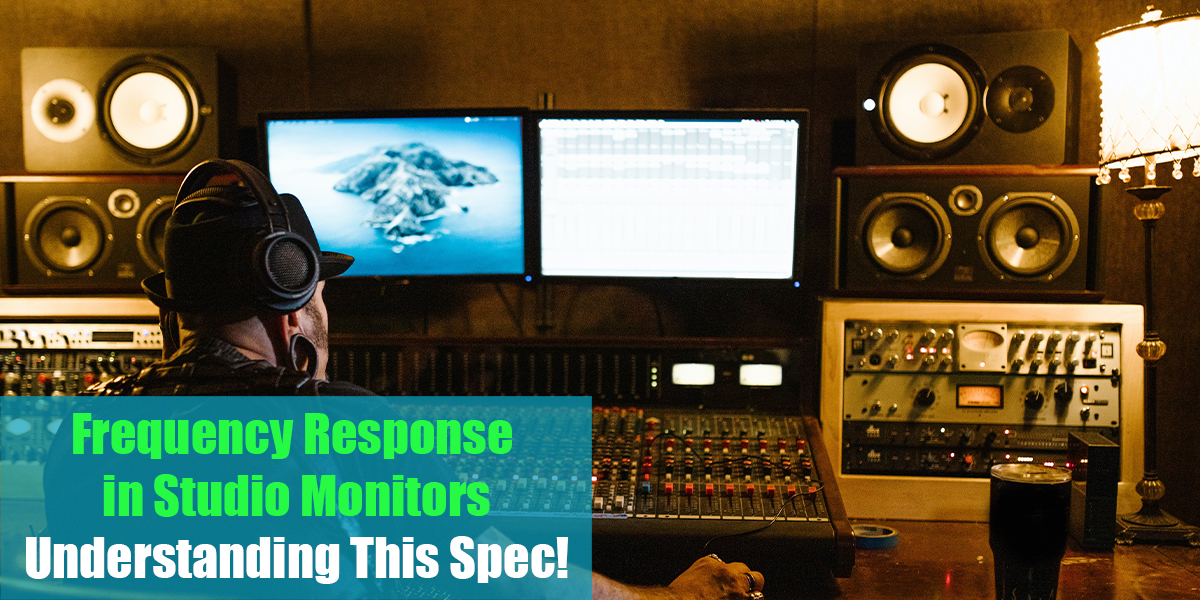Music Inspiration
Introduction
Discovering music inspiration is extraordinarily necessary for any songwriter. Generally, our minds appear to be well stuffed to the brim with concepts. Simply a few minutes is sufficient to dream up an enormous new project.
However, generally, the well runs dry. Regardless of how exhausting you attempt to rack your mind for track concepts, nothing comes to mind. That will help you hold these concepts flowing, I’ve put collectively this information to discover music inspiration.
Inspiration is, without doubt, one of the most necessary instruments in any creative’s bag. It pushes us to attempt new things and helps us keep enthusiastic about our work. This information is meant that will help you think creatively more often, supplying you with extra alternatives for inspiration to hit.
1. Chill out and Enjoy
Being open to new concepts and experiences is extra necessary than leaving the city or going on a music theory knowledge binge.
Your hike within the wilderness won’t be notably useful if you’re stressed the entire time, getting pissed off with yourself about the way you NEED to be inspired RIGHT NOW.
Whereas the practices I’ve laid out above can all help, they won’t work each time. Come to peace with the truth that you aren’t going to find inspiration each time you go on a stroll. In actual fact, that’s why you need to try to find time for these actions regularly.
Perhaps your next hike won’t offer you any nice concepts, but hopefully, it may at least aid you discover some psychological peace. Then, the next time you go you are perhaps a bit extra ready to think creatively.
It’s also worth noting that music inspiration works in another way for various folks. Whereas the practices I’ve listed above assist many individuals, they’re by no means the only things that work.
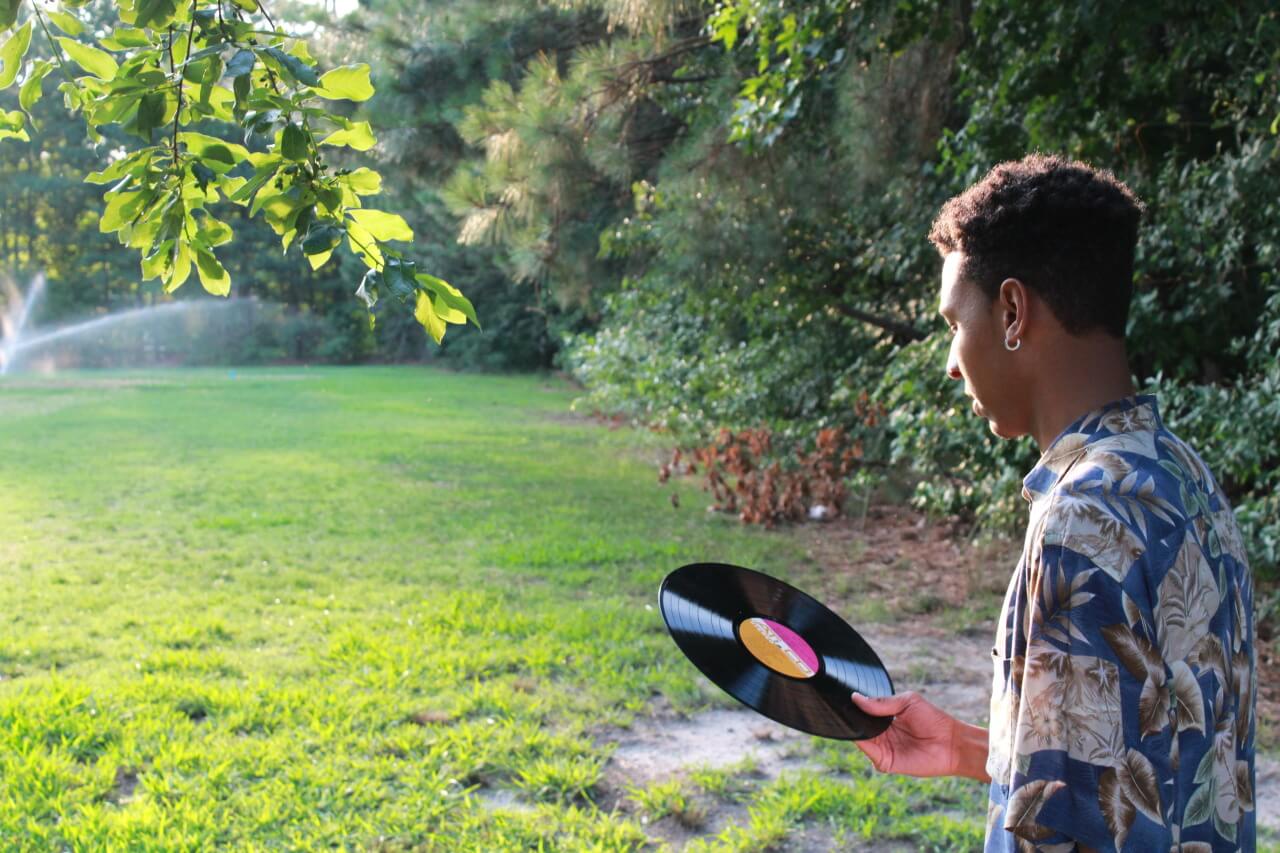
2. Set an objective you wish to attain
Set a brand new objective for yourself. It’s exhausting to really feel impressed and motivated for those who’re not likely working in direction of something.
Even for those who’re a hobbyist, it helps to set an objective for yourself. An objective that’s difficult enough, but achievable. An objective that excites you.
When you’re at it, take into account setting a long-run objective for yourself. One thing super ambitious. In any case, what else is going to get you away from bed on these winter mornings?
If you’re undecided about the place to start out with this, think of the most important thing you can do to refresh the whole palette in your brain.
3. Study some fundamental music theory
Regardless of being dry at times, music ideas might be extraordinarily useful in finding inspiration.
For example, say you’ve simply discovered Lydian mode. By challenging yourself to write down one thing in Lydian mode, you’ll be compelled to write down completely different music than you usually would.
Your first dive into some new music theory concepts might not be all that nice. You may hate what you write in Lydian mode.
That being stated, you might simply uncover a brand new chord change that you just love. And that new chord change might present the inspirational foundation for a brand new track.
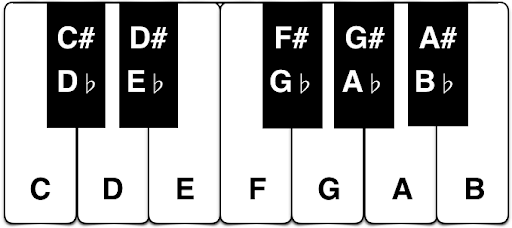
4. Work from a theme
Decide a theme for your track and also you’ll find inspiration that will begin flowing. Groovy? Sad? Enlightening?
To take this a step further, take notes from a current track in that theme. Ask yourself:
- What sort of drum/synth/bass/vocal sounds do they use?
- Is there something on this track that basically captures my attention?
- What do I like most about this track?
5. Use a reference track to start out
Undecided about where to start out? Copy components from the tracks you want and work from there.
Merely pull a track into your DAW and begin analyzing it:
- Where is the chorus? What in regards to the verse? How long do they play for?
- What instruments are used? When?
Be aware: there’s nothing mistaken with copying the fundamental construction of an existing track. Most music in a style follows the same construction (verse-chorus-bridge-chorus)—you’re not “stealing” if you do that.
6. Fool around your favorite instrument
A melody will typically suggest itself to you as you sit playing a chord progression on your keyboard or guitar.
Or the mood that your taking part in elicits might recommend lyric concepts or a basic theme on your track. Or as you play, you may experiment with extra colorful chords that give you goosebumps and move your feelings.
“Ebony and Ivory” began to be written when Paul McCartney sat down at a piano and began fiddling in the key of E major. He had a Spike Milligan joke on his thoughts: “You understand, it’s a humorous type of factor – black notes, white notes, and it’s worthwhile to play the two to make harmony, people.”
And as he performed some notes, he hit a nice-sounding interval that occurred to be made of one black note and one white. The track’s title came to him, and a brand new track was born. You never know what can trigger your music inspiration.

7. Collaborate!
Collaborating with a buddy or group of mates who’re inventive and on the identical wavelength can produce distinctive results you by no means would have provided you with by yourself.
You might have thought of a track title or a chord development, and your folks might run a very completely different approach together with your concepts than you ever would have dreamed.
Getting feedback from friends on a half-completed track might spark new ideas, or result in constructive criticism.
As soon as John Lennon and Paul McCartney had each half-completed songs which fitted collectively completely. You never know where collaboration will lead you!
8. Be constant
If you’re solely producing if you feel like it, or on a rare occasion, it’s going to be hard to maintain the extent of inspiration and creativity wanted to have a decent musical output.
Create one thing daily. Or set a metric for yourself —e.g., to make music for one hour every day.
Commit to the method and benefit from the fruit of your labor.
9. Capture natural sounds
When you’ve got a handheld microphone or sample recorder (like a Zoom H4N), record a bunch of samples to make use of in your music.
You can record pots and pans, elastic bands twanging, cutlery, paper being scrunched up, and 101 different things across the house.
Or you might get out and stroll a bush trail, recording the sound of birds chirping, and the wind gushing by the bushes. Sound is in every single place. Seize it.
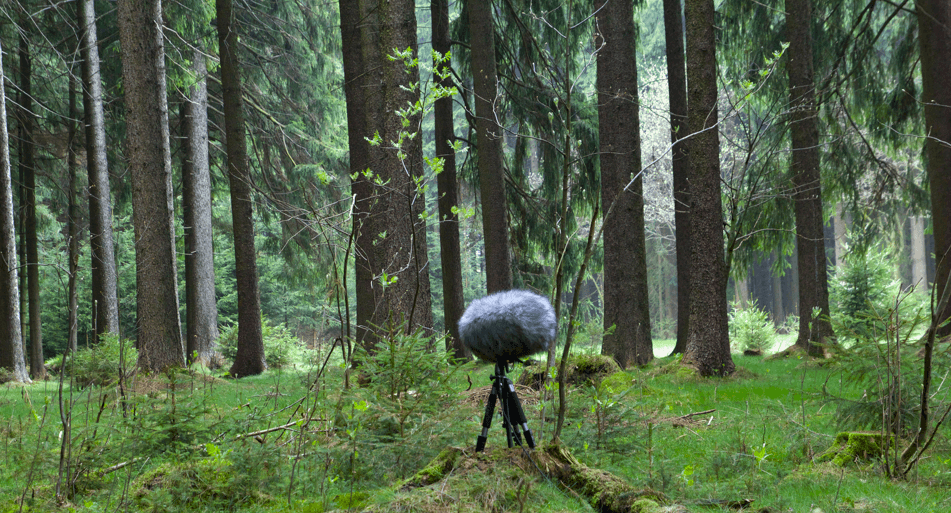
Check our eBook on Mixing Tips! If you want to get a more in-depth breakdown of those tips we share, follow our link and get the “Ultimate Mixing Tips Booklet” and up your game quickly!

